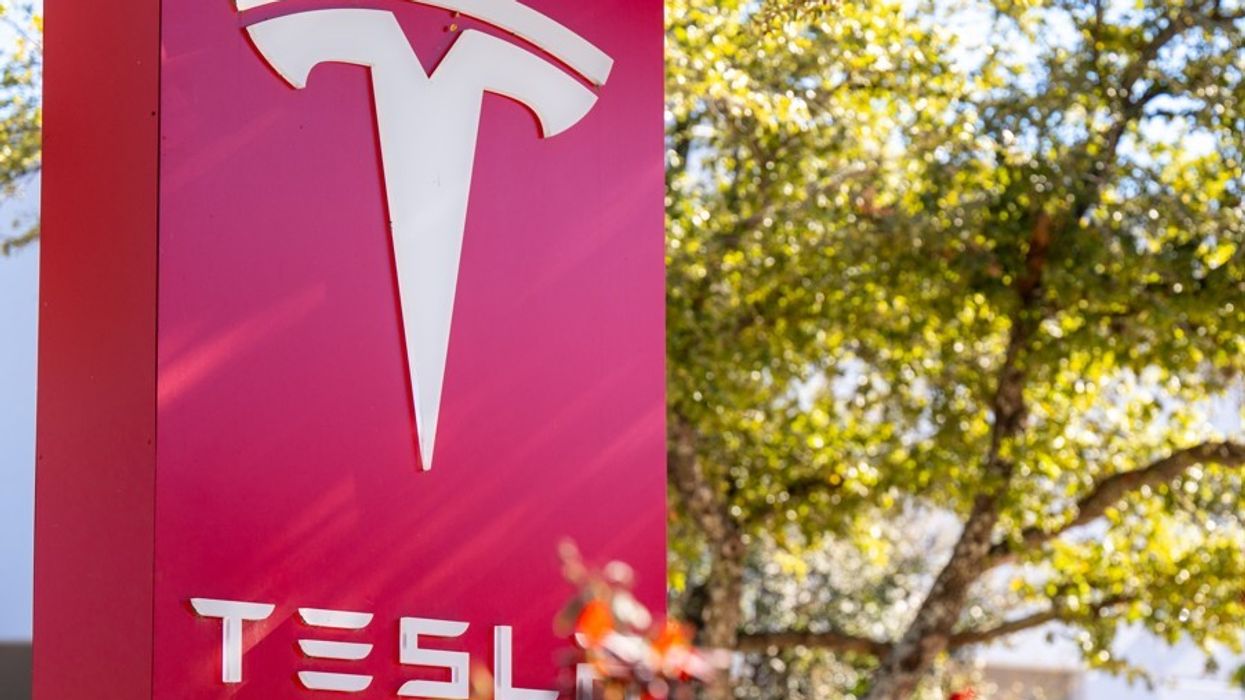TESLA has started hiring in India, with job postings appearing days after Elon Musk met prime minister Narendra Modi in Washington.
The electric vehicle maker has listed more than a dozen job openings on its website, including positions in New Delhi and Mumbai.
Roles include a store manager and service technicians. The listings were also posted on LinkedIn on Monday.
Musk’s meeting with Modi had raised questions about whether it was for official or business purposes.
Tesla has been exploring business opportunities in India, with reports last year indicating the company was looking at locations for factories and showrooms.
Musk has also expressed interest in launching Starlink, his satellite internet service, in India.
In November, India's communications minister Jyotiraditya Scindia said the company would be allowed to operate if it complied with security regulations.
The potential launch of Starlink, which uses a network of low Earth orbit satellites to provide internet in remote areas, has sparked policy debates and national security concerns.
Musk was expected to visit India in 2024, with speculation about major investment announcements. However, he later cancelled, citing “very heavy Tesla obligations.”
India’s electric car market remains small but presents a growth opportunity for Tesla, which is facing increased competition from Chinese automakers and its first annual decline in EV sales.
High import taxes had previously hindered Tesla’s entry into India. Musk had described them as among the “highest in the world.”
However, India reduced import duties last year for global automakers that commit to investing £397 million and starting local production within three years.
Before Modi’s Washington visit, India made tariff concessions, including lowering duties on high-end motorcycles—a move benefiting US manufacturer Harley-Davidson.
Additionally, India has accepted three US military flights carrying over 300 migrants as part of Trump’s immigration policies.
(With inputs from AFP)




